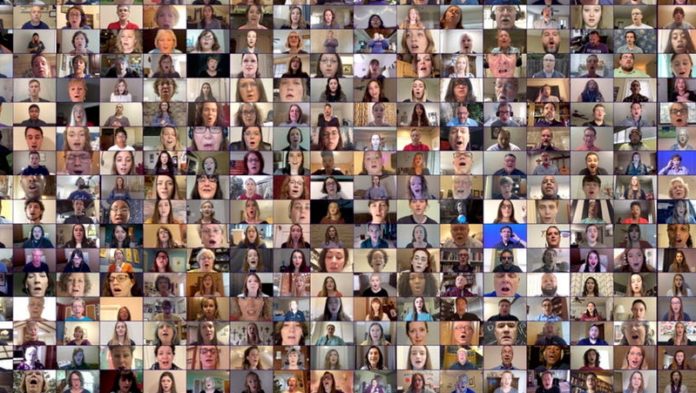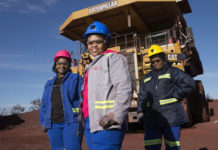
COLLECTIVE bargaining in South Africa’s mining sector has been under the auspices of the Chamber of Mines (now Minerals Council South Africa) since 1915. Inclusive collective bargaining was established in the gold and coal sectors in 1983 when the National Union of Mineworkers (NUM), led by its first general secretary Cyril Ramaphosa, joined the central bargaining process.
Negotiations took place in Boardroom 606 in the Minerals Council’s building. The negotiating teams of the various mining houses and mining trade unions sat around a huge table with the shop stewards and the mining house delegations being seated behind the negotiators.
When, in 2015, the mining trade union AMCU became part of the negotiations together with NUM, Solidarity, and UASA, the availability of space became a challenge and the negotiating venue had to move to conference centres.
With almost 200 trade union and company representatives involved in the process, the services of independent facilitators were called in. Members of the warring NUM and AMCU would enter the negotiating hall, chanting. Due to their mutual rivalry, they never sat next to each other. Even their caucus rooms were far apart.
End of an era
The scene in what is the negotiating theatre has since changed dramatically after the coal companies last year decided to start negotiating at the mine level. Gold companies followed suit this year. And so, the era of central collective bargaining came to an end.
On the coal sector side, it was the large companies that wanted to negotiate at the mine level due to the constraining effect central bargaining had on them. They were in a position to grant higher increases than the other companies but were bound by a collective process, though. This meant that when a deadlock was reached, the larger companies would become the centre of a strike, while they would have been able to reach a settlement had they negotiated on their own.
As for the gold sector, there are only two major mining houses left – Sibanye-Stillwater and Harmony Gold (which took over AngloGold Ashanti’s Mponeng mine and Mine Waste Solutions) – and these companies prefer to negotiate tailor-made agreements.
Before decentralised negotiations could shift to a mining house boardroom the impact of Covid-19 resulted in the introduction of virtual negotiations. “Virtual” means nearly 60 stakeholders per mining house can arm-wrestle on a digital platform. Digital breakaway rooms are then used where the respective parties can hold their strategic caucus discussions.
Initial teething problems duly followed as connections failed and some miners, accustomed to a different era of communication, struggled to follow online protocols.
While a virtual platform does have logistical advantages, the main disadvantage is the inability to read the other party’s body language. Fortunately, with the relaxation of lockdown regulations, a hybrid approach will become available. The main negotiators will then be able to share the same room with a virtual link to rooms where the various representatives can follow the negotiations on screen.
New strategies
As the unions and the mining houses no longer have a collective platform, new alignment strategies needed to be developed. In the case of the gold negotiations, it is noticeable that mining houses exchange notes behind the scenes because they follow the same approach, using the same information and arguments. The trade unions, again, use the same negotiators at the respective mining houses to remain aligned and they try to submit the same individual demands to each mining house.
The trade unions have now also come up with a historic first: At Harmony NUM, Solidarity and UASA formed a coalition, consolidated their demands, and are negotiating under one banner on behalf of the majority of the workers. This year, AMCU again dropped its traditional financial presentation to motivate their demands, this time motivating its demands mainly on the basis of Bible verses. AMCU relies specifically on Genesis 1: 26-30, contending that all are equal and that everything on earth should be shared by all – their interpretation would get a nod of approval from Karl Marx.
The gold and coal negotiators adjusted easily to the new normal, but the real test lies in the end result. The two mining sectors have sunset status due to aging gold mines and a decline in the demand for coal locally. This year, the wage settlements will have to pull off a balancing and rescue act so that two sustainable mining sectors can be the new normal.
Gideon du Plessis is Solidarity’s General Secretary











